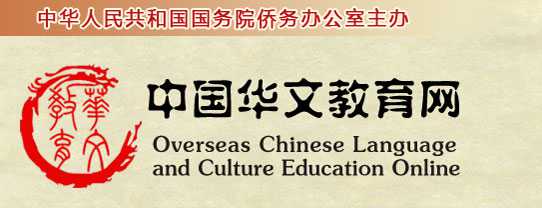|
诚实守信 Honest and Trustworthy
2009年09月03日 09:13
诚实守信 诚实,就是忠诚正直,言行一致,表里如一。守信,就是遵守诺言、不虚伪欺诈。“言必信,行必果”、“一言既出,驷马难追”这些流传了千百年的古话,都形象地表达了中华民族诚实守信的品质。在中国几千年的文明史中,人们不但为诚实守信的美德大唱颂歌,而且努力地身体力行。 孔子早在2,000多年前就教育他的弟子要诚实。在学习中,知道的就说知道,不知道的就说不知道。他认为这才是对待学习的正确态度。 曾子也是个非常诚实守信的人。有一次,曾子的妻子要去赶集,孩子哭闹?也要去。妻子哄孩子说,你不要去了,我回来杀猪给你吃。她赶集回来后,看见曾子真要杀猪,连忙上前阻止。曾子说,你欺骗了孩子,孩子就会不信任你。说着,就把猪杀了。曾子不欺骗孩子,也培养了孩子讲信用的品德。 秦朝末年有个叫季布的人,一向重诺言,讲信用。人们都说“得黄金百斤,不如得季布一诺”。这就是成语“一诺千金”的由来。后来,季布遇到了灾祸,正是靠了朋友的帮助,才幸免于难。可见,一个人如果言而有信,自然会得到大家的尊敬和爱护。 旧时中国店铺的门口,一般都写有“货真价实,童叟(sou)无欺”八个大字。这说明,中国自古在商品买卖中,就提倡公平交易、诚实待客、不欺诈、不作假的行业道德。 在当代中国,诚实守信的美德也得到了发扬光大。这种美德表现在工作和学习上,就是专心致志,认真踏实,实事求是;表现在与人交往中,就是真诚待人,互相信赖;表现在对待国家和集体的态度上,就是奉公守法,忠诚老实。 Honesty is to be faithful and upright, think and act in the same way, and always practice what one says. Be trustworthy is to keep one's word and not to be hypocritical and deceitful. Old sayings having spread for thousands of years, such as "True in word and resolute in deed", and "A word once spoken cannot be overtaken even by a team of four horses" vividly manifest the need to be honest and trustworthy. Confucius taught his disciples to be honest. In study, if you know a thing, say you know it; if you don't know, say so. He thought that it was the correct attitude towards study. Zeng Zi was also an honest person. Once, his wife wanted to go to a market fair and their child cried and demanded to be taken along. His wife coaxed the child out of this by promising that, when she returned, she would kill a pig and cook pork for him. After she returned, she saw Zeng Zi was about to kill a pig and stopped him. But Zeng Zi said, "If you cheat the child, he will never trust you."He then went and killed the pig. Because Zeng Zi did not deceive the child, he fostered the spirit of keeping one's word in the child. In the late Qin Dynasty (221-207 BC), a man named Ji Bu always kept his word. People often said that "Better to get Ji Bu's promise than one hundred jin (Chinese weight measurement) of gold", thus creating the expression that a "promise is worth a thousand pieces of gold". Later, when Ji Bu met with catastrophe, he narrowly escaped due to the help of his friends. Hence, a person who keeps his word will naturally win respect and care from the people. In olden times, the doors of Chinese shops had an inscription "Guarantee quality goods and reasonable prices for all customers". This shows that since ancient times China advocated the ethics of fair trade, honesty towards customers, no deception and no falsification. In modern China, the virtue of being honest and trustworthy has been carried forward. It is to be single-minded, earnest and steadfast at work and study; it is to be sincere to friends and trust others when making friends; it is to be law-abiding, faithful and honest.
【来源:中国华文教育网】
|
|






















